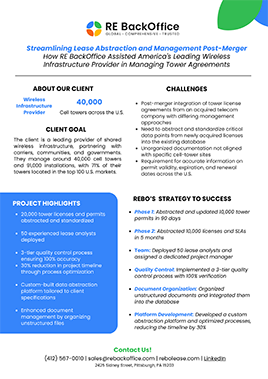
Late fees are a common aspect of rental agreements, yet many tenants may not fully understand how they work or the implications of missing rent payments. In this article, we'll delve into the concept of late fees, including what they entail, how they're calculated, and the importance of understanding your rental agreement.
What are Late Fees?
Late fees are charges imposed by landlords on tenants who fail to pay their rent by the specified due date. Also known as late penalties or past due fees, these charges serve as a financial incentive for tenants to pay on time and compensate landlords for the inconvenience of delayed payments. Late fees may also include interest payments on the outstanding rent amount.
How are Late Fees Calculated?
Late fees can be structured in various ways. They may be a fixed percentage of the overdue amount, such as 5% or 10%, or a flat fee, for example, $50. Additionally, landlords may incorporate interest payments for each day the payment is delayed, in compliance with legal regulations. It's crucial for tenants to review their lease agreement to understand the specific late fee structure outlined by their landlord.
Grace Periods
Many rental agreements include a grace period, which is an additional timeframe granted to tenants to settle unpaid rents or any other outstanding amounts without incurring late fees. Grace periods typically range from 5 to 10 days after the due date, although some landlords may offer extensions. For instance, if the rent is due on the fifth of the month, a three-day grace period might be provided, allowing until the eighth for payment without penalty.
Implications of Late Fees
Understanding late fees is essential for tenants to avoid unnecessary financial burdens. Failure to pay rent on time can result in not only late fees but also damage to your credit score and potential eviction proceedings. Additionally, bounced checks can incur additional bank fees, which may be passed on to the tenant.
Late fees are a standard aspect of rental agreements designed to incentivize timely rent payments and compensate landlords for the inconvenience of late payments. Tenants should familiarize themselves with their lease agreements to understand the late fee structure, including any grace periods provided. By paying rent on time and communicating with their landlords in case of financial difficulties, tenants can avoid unnecessary late fees and maintain a positive landlord-tenant relationship.


